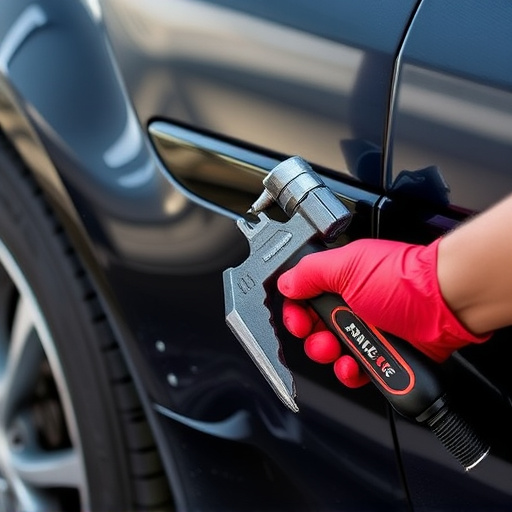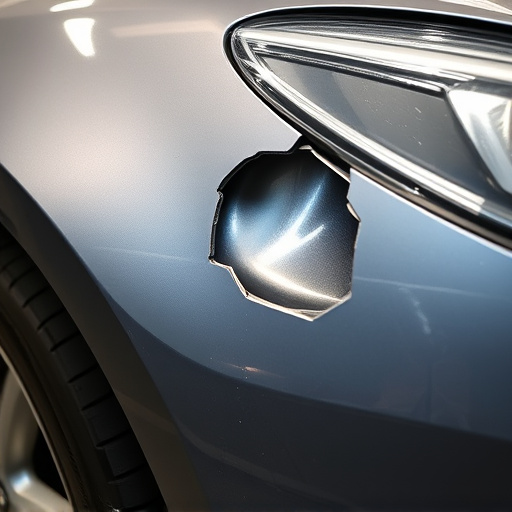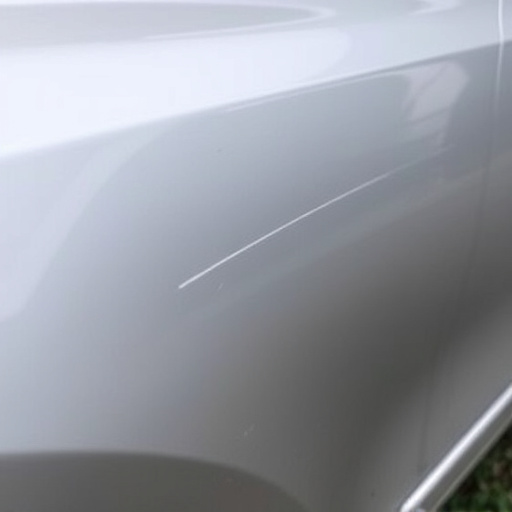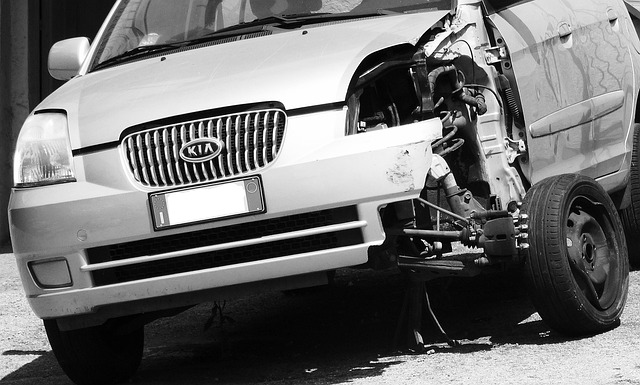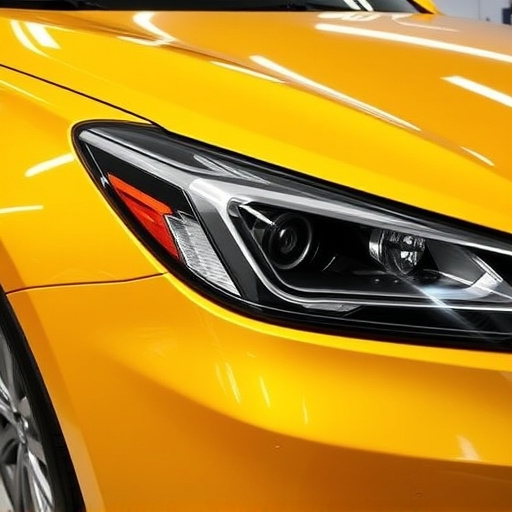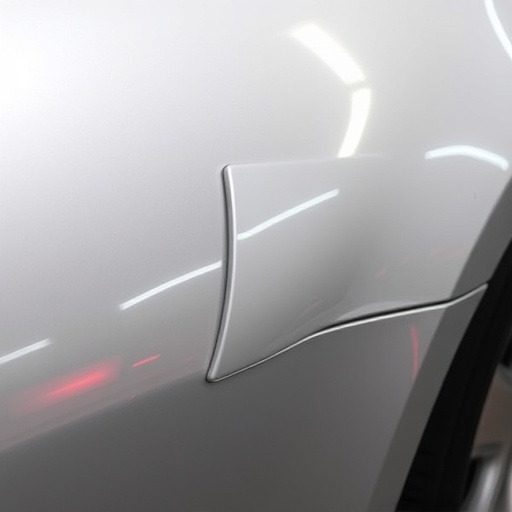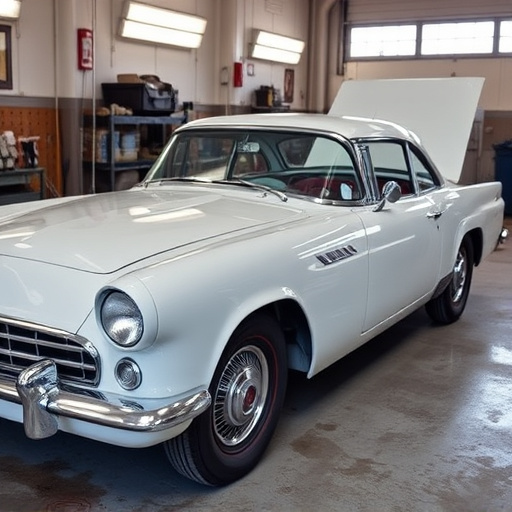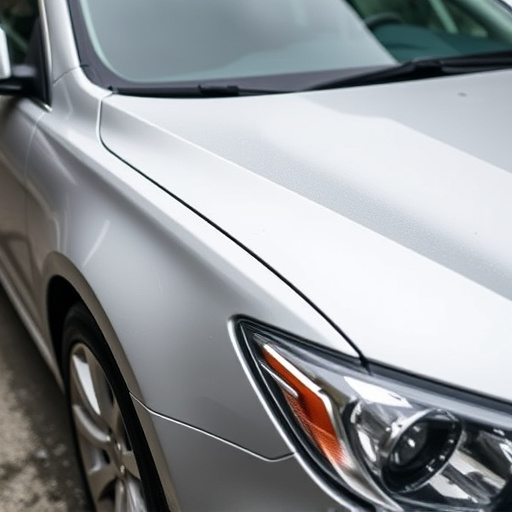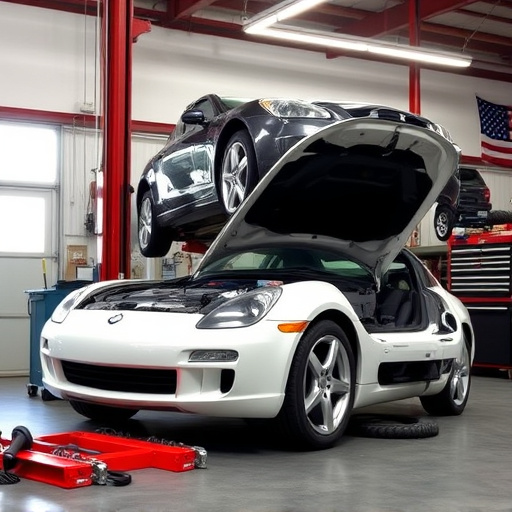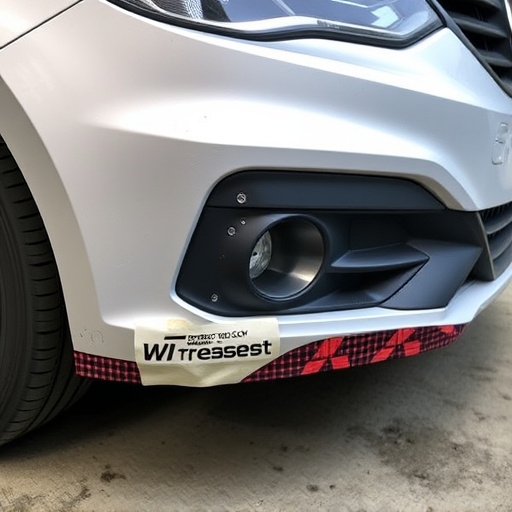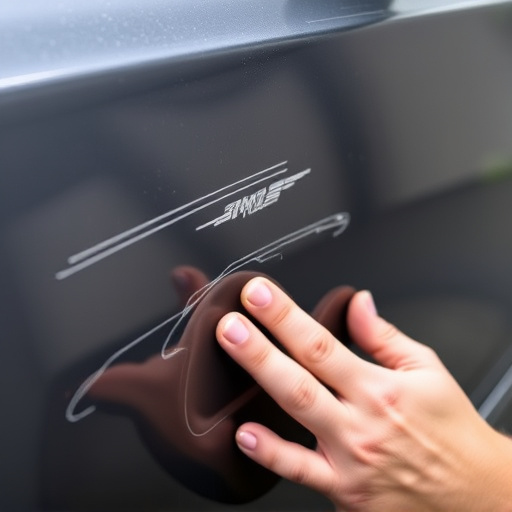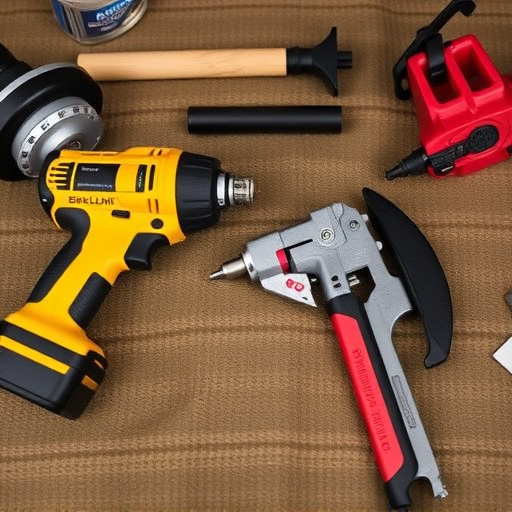Calibration tools are vital for modern vehicle safety, ensuring advanced driver assistance systems (ADAS) function optimally. Neglecting calibration increases collision risk due to sensor and camera malfunctions. Regular maintenance, timely repairs, and proactive checks by auto body shops prevent these hazards, enhancing road safety and mitigating costly post-accident repairs. Specialized calibration services identify and rectify discrepancies in ADAS components, preventing potential collisions and ensuring consistent, reliable performance.
In the realm of modern driver assistance systems, calibration tools serve as unseen guardians of safety. These precise instruments ensure that sensors and cameras function optimally, enabling features like adaptive cruise control, lane keeping, and automatic emergency braking. However, skipping or neglecting calibration poses significant risks. When these tools fail to guide accurately, it can lead to collision risks and even the malfunctioning of driver assistance systems, underscoring the critical need for regular calibration maintenance.
- Calibration Tools: The Unseen Guardians of Safety
- Collision Risks: When Tools Fail to Guide
- Driver Assistance: A Shattered Mirror Without Calibration
Calibration Tools: The Unseen Guardians of Safety
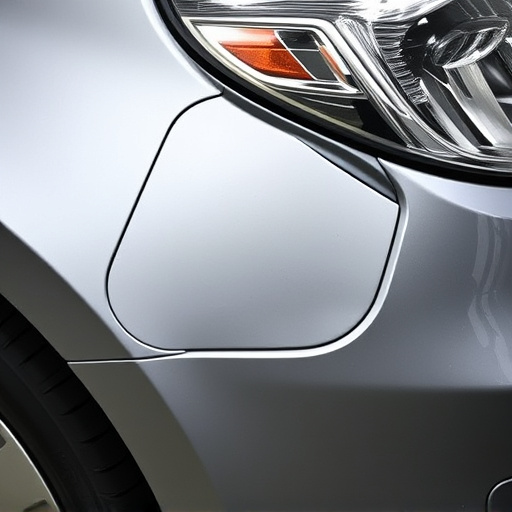
Calibration tools are often overlooked heroes in the realm of driver assistance technologies. These precise instruments play a critical role in ensuring the safety and effectiveness of modern vehicle systems, from advanced braking to lane-keeping assist. Regular calibration is essential for maintaining optimal performance across all driver assistance features, preventing potential failures that could lead to collisions.
Imagine a car’s safety systems as a complex symphony, where each component must work in perfect harmony. Calibration tools serve as the conductors, fine-tuning and synchronizing sensors, cameras, and radars to ensure they function as designed. Neglecting regular calibration can result in off-kilter readings, causing systems to misjudge distances, speeds, and surroundings—a dangerous situation that could lead to accidents. Regular auto maintenance includes calibrating these tools, ensuring your vehicle’s safety features are always at the ready, ready to respond accurately in any driving condition or scenario. Auto body repair experts also recognize the importance of calibration, as it directly impacts how well a car’s safety systems function after collision repair services, reinforcing the need for quality bodywork services.
Collision Risks: When Tools Fail to Guide
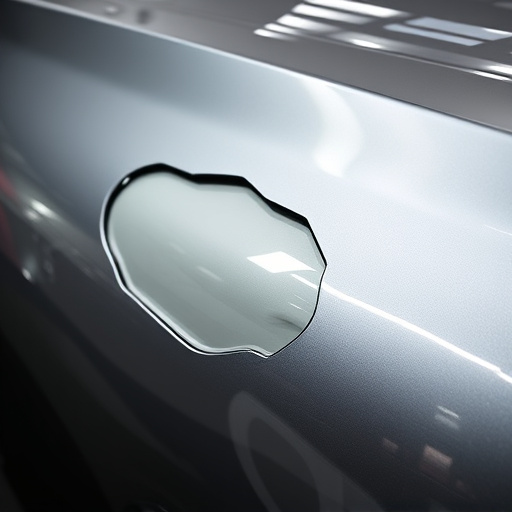
In today’s digital era, driver assistance systems are becoming increasingly sophisticated, with tools like advanced sensors and cameras guiding vehicles through complex maneuvers. However, when these calibration tools fail, it can lead to significant collision risks. Tools that are integral to a vehicle’s safety features, such as adaptive cruise control or lane-keeping assist, require precise calibration to function correctly. If these systems malfunction due to improper calibration or damage, drivers may lose critical guidance during critical driving situations. This could result in accidents ranging from minor fender benders to severe, life-threatening collisions.
Regular maintenance and timely repairs are essential to prevent such risks. Autobody repairs and vehicle body shop services play a pivotal role in ensuring these tools remain accurate and reliable. Vehicle repair services should include thorough checks and calibrations of safety systems, addressing any issues promptly before they compromise driver assistance capabilities. This proactive approach not only enhances road safety but also safeguards against costly repairs that may be required after an accident involving collision risks due to faulty calibration tools.
Driver Assistance: A Shattered Mirror Without Calibration
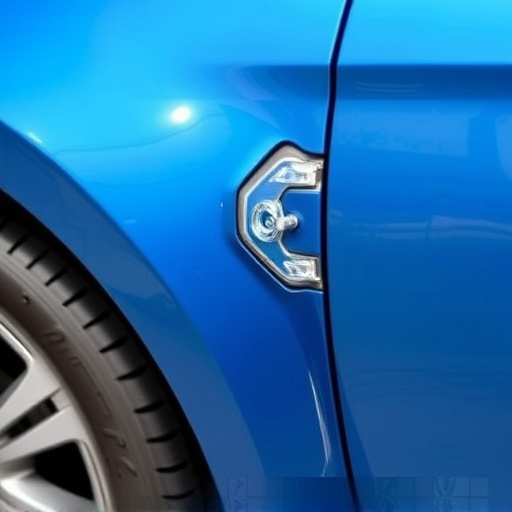
Driver Assistance: A Shattered Mirror Without Calibration
Modern vehicles are equipped with sophisticated driver assistance systems designed to make driving safer and more efficient. These systems, from adaptive cruise control to lane-keeping assist, rely heavily on accurate sensor data to function optimally. However, these sensors are as good as the data they receive, and this is where calibration tools play a critical role. Without proper calibration, these systems can become as unreliable as a shattered mirror, leading to potential collision risks.
Calibration tools ensure that every component of a vehicle’s assistance systems is functioning correctly and in harmony with one another. An auto repair shop or car bodywork services provider specializing in these calibrations can identify and rectify any discrepancies, ensuring the driver assistance systems provide accurate and consistent data. Regular calibration not only enhances safety but also improves the overall performance and reliability of advanced driver-assistance systems (ADAS), preventing them from failing at a crucial moment when every second counts.
Skipping calibration tools for driver assistance systems can lead to severe consequences, as highlighted by the potential risks of collision and system failure. Ensuring regular calibration is vital to maintaining the integrity of these safety features, providing drivers with accurate and reliable support. By investing in proper calibration tools, we can navigate the road ahead with enhanced confidence and peace of mind.
